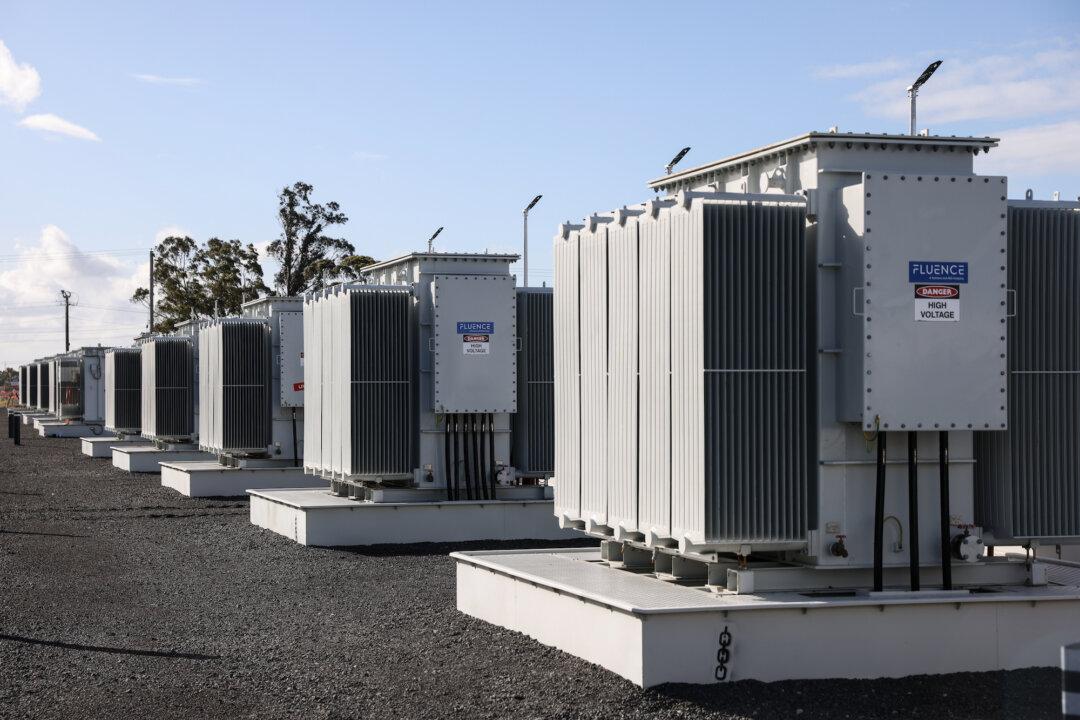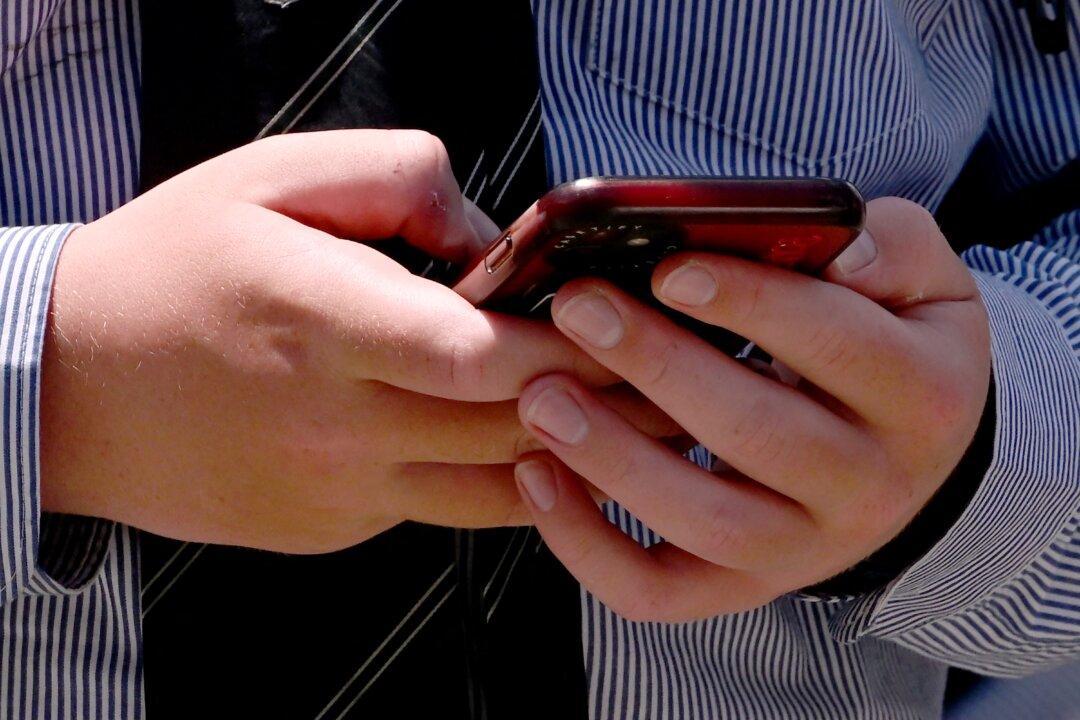Australian researchers have developed a vaccine for koalas to combat an extensive outbreak of sexually transmitted diseases in the species.
Koala’s, which have been hit hard by changing climatic conditions, bushfires, and land clearing, are under pressure from an ongoing chlamydia outbreak that is causing the marsupials to become infertile and further pushing the species towards potential extinction.




